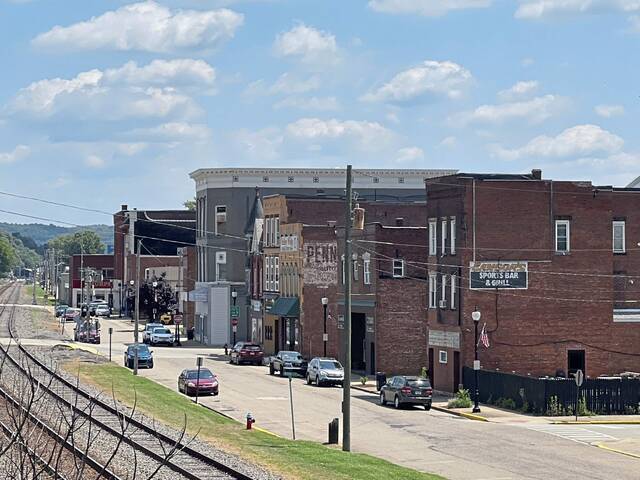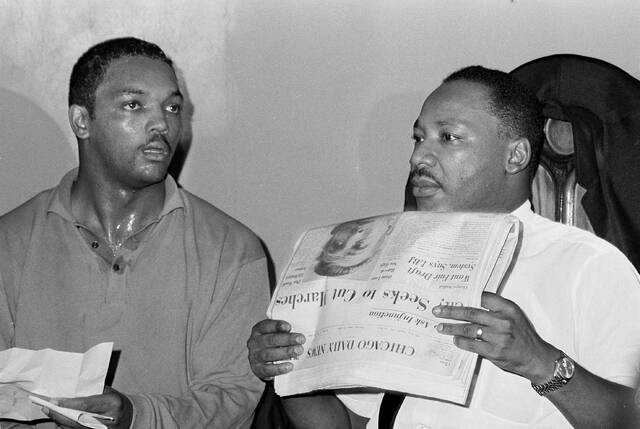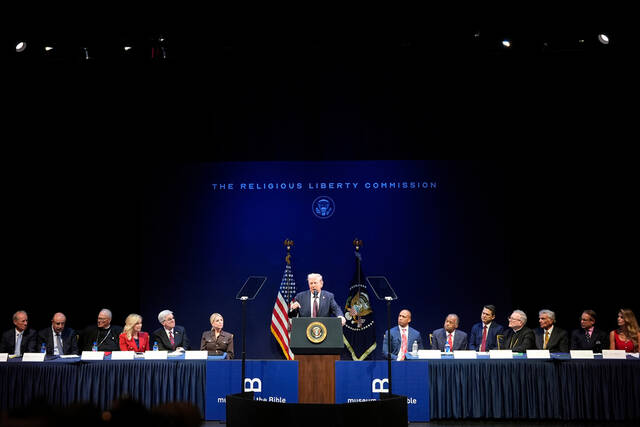The odds haven’t been in our favor, and for towns like Tarentum, they rarely are.
At its peak, Tarentum was home to over 11,000 residents and was built on industry, tight-knit neighborhoods and a strong tax base. Today, we’re a town of just over 4,200. We’ve lost more than half of our population, watched our revenues shrink and inherited infrastructure built for a different time and scale. Like so many post-industrial communities, we face the daily reality of aging systems, rising costs and inconsistent outside support.
Yet here we are, still standing, still fighting and, more importantly, still planning.
Tarentum isn’t just trying to get by. We are actively reinventing ourselves, laying a long-term foundation for the next generation rather than simply patching holes. We’ve taken a hard look at our systems, staffing and finances and made a clear decision to lean in, not step back.
We are one of the approximately 10 municipalities in Pennsylvania that operate both a municipal electric system and a combined water treatment and distribution system, a distinction that sets us apart. That means we don’t just manage the basics; we run critical infrastructure in-house that most towns our size outsource. It is a heavy lift, but it gives us local control, faster response times and long-term tools for resilience and affordability.
Since 2019, we’ve demolished more than 65 blighted structures, one of the most aggressive remediation efforts in Allegheny County. We successfully merged police services with a neighboring municipality, improving public safety while reducing administrative costs. We launched a business façade improvement grant to help revitalize our commercial corridors. We’ve also launched a multi-municipal communications platform to improve transparency, emergency alerts and regional coordination, making sure our residents get timely, accurate information across municipal lines. We’ve modernized our financial systems, rebuilt administrative capacity and created redundancies in every critical department, ensuring that no single retirement or resignation can halt operations .
We’ve improved our credit rating, instituted internal operational reporting and are building a new generation of employees trained not just to perform tasks but to think strategically about the borough’s future.
Despite this progress, we continue to face significant pressures. Our water system includes pipes that are over a century old. Our electric costs have surged due to regional capacity charges far beyond our control, forcing tough budget decisions. Many of our grants, while appreciated, are reimbursement-based or highly competitive, making consistent long-term planning difficult. And we still face the challenge of a shrinking population, which erodes the tax base we rely on to fund essential services. Yet we are not retreating. We are doubling down.
We’ve developed long-term capital plans, prioritized staff development and succession planning, and adopted new technologies to serve our residents better. In the coming years, we plan to replace a set number of linear feet of water lines annually, systematically and sustainably tackling our aging infrastructure. We are also investing in modern electric and water system technologies, including SCADA upgrades, fault sensors, pressure monitoring, automatic hydrant flushers, and AMI meter upgrades, to help us respond faster, prevent failures and improve efficiency.
Alongside these efforts, we’re turning our focus to the riverfront. The next phase of investment in Riverview Memorial Park is already in motion, and we’re developing long-term plans to better connect our community to the water, strengthen local pride, expand recreational opportunities and unlock new economic potential for the future. We’re not asking how we get through this year; we’re asking what Tarentum will look like in 10 years and how we get there.
Tarentum may be small. But we are not without vision. And we are not without resolve.
We are proving what is possible when a small town refuses to settle, faces hard truths head-on, takes ownership of its future, and plans for the long haul.
This is not the beginning of the end. It is the beginning of something new.








